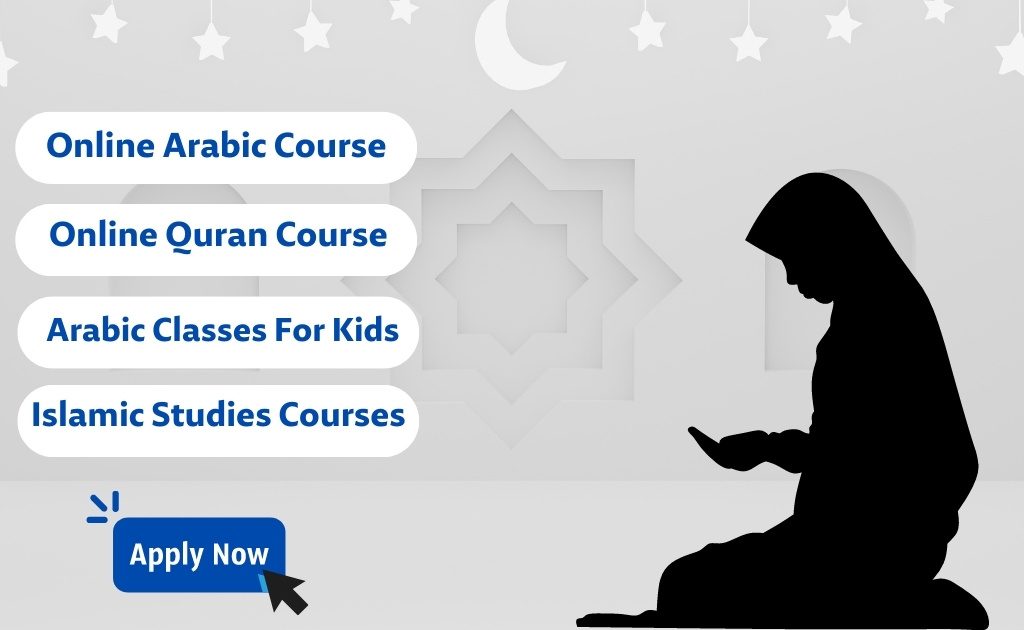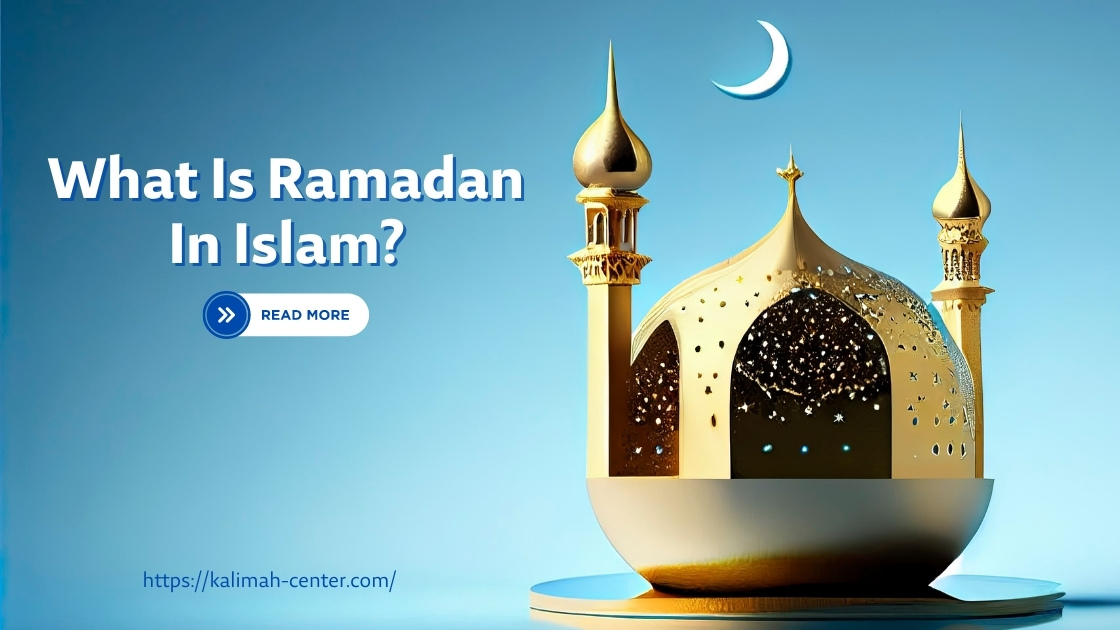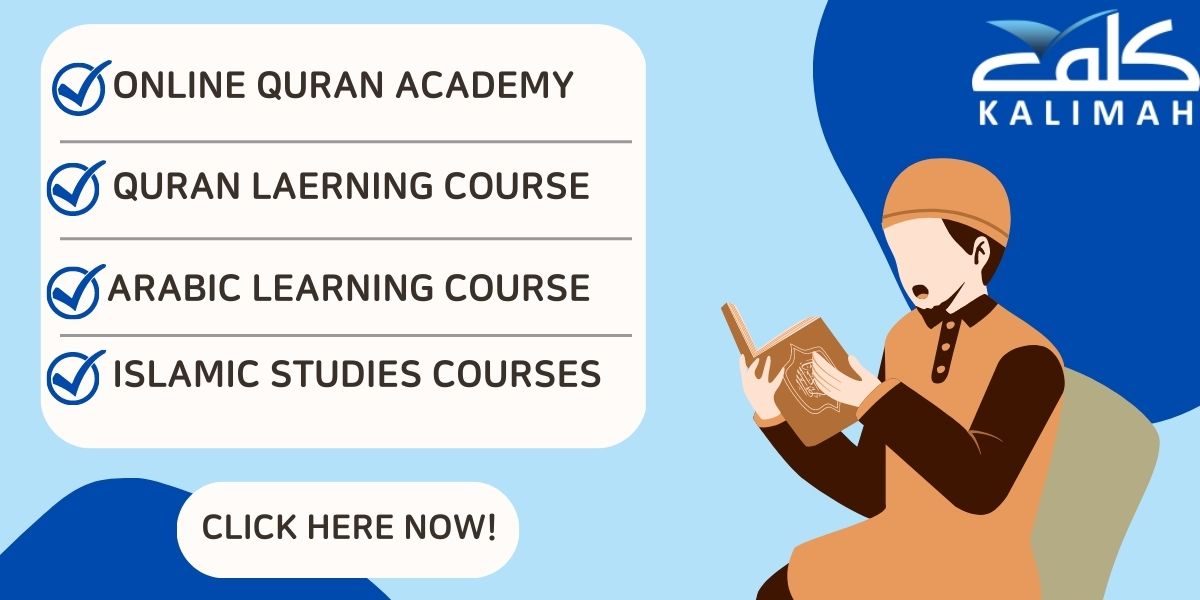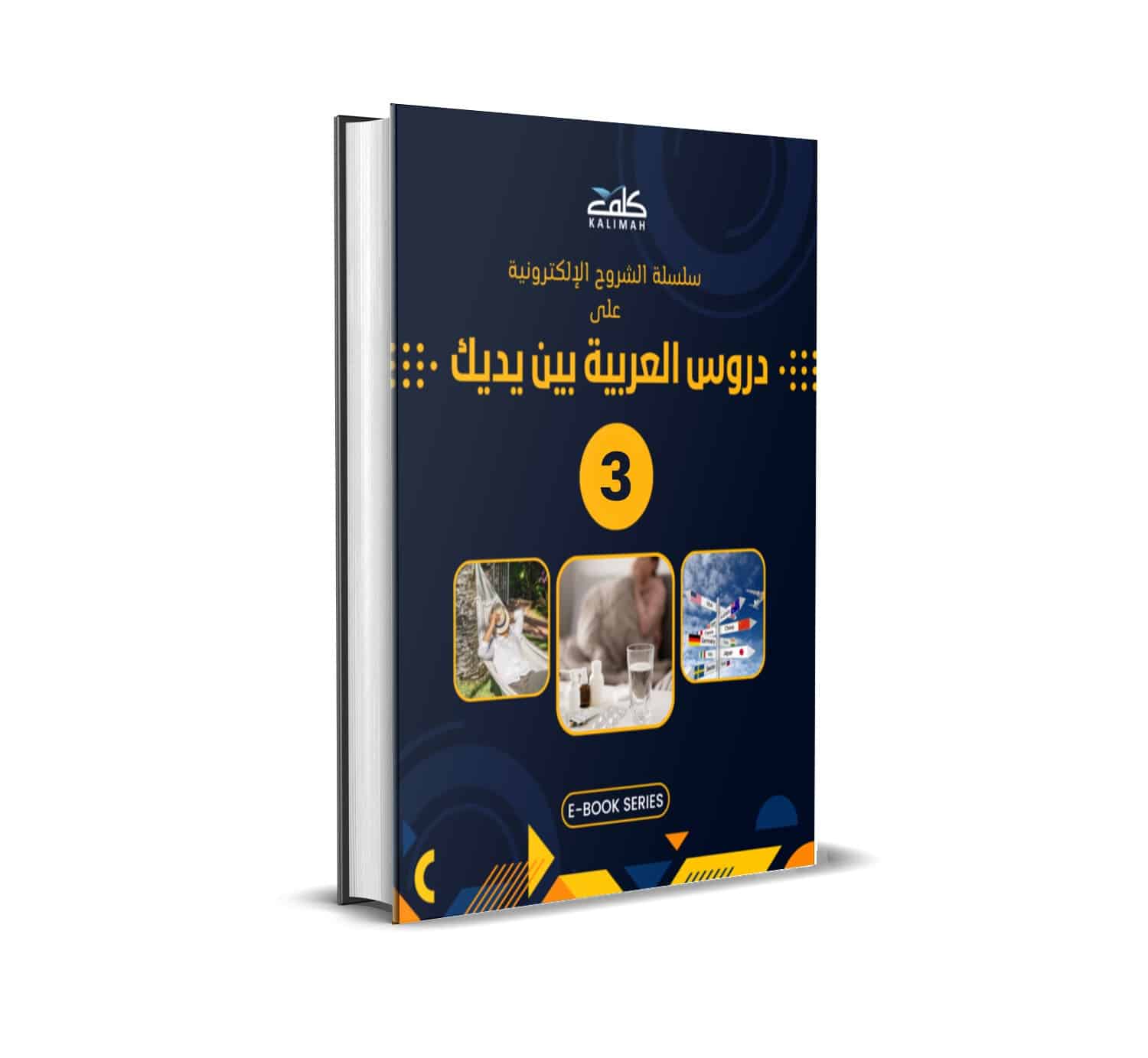Ramadan in 2024 starts on the evening of Sunday (March 10 – April 9 in 2024) and ends on the Evening of Sun, Tue, Apr 9, 2024. Please check your local timing and fasting days as they differ.
Here is the best guide to Ramadan in Islam:
What is Ramadan?
The month of Ramadan is the ninth month in the Hijri calendar. Ramadan comes after the month of Shaban, followed by the month of Shawwal. Ramadan is a special month for Muslims in which the Qur’an was revealed to Prophet Muhammad (saw), especially in Laylat al-Qadr.
The beginning and the end of Ramadan are determined by the lunar Islamic calendar, and it lasts either 29 or 30 days. The Islamic lunar calendar has 354 days. Thus, it advances at a rate of 11 days annually according to the Gregorian calendar.
The meaning of the Arabic word Ramadan (رمضان) is that is named after a similar term in Arabic that means intense heat (Because Ramadan month often comes at a time of heat in the Arabian Peninsula). Ramadan could also be named after the word healing in Arabic “Ramada” because it heals the fasting person. There are many other similar terms in Arabic meaning washing (for sins), burning (the sins), the ash of weapons (ways and means for protection), and many more.
The month of Ramadan is also associated with Islamic countries with many religious rituals such as the Tarawih prayer and i’tikaaf in the last ten days. There are also many local customs and traditions such as inviting others to break the fast and setting up tables for breaking the fast for those who are unable.
There are many Ramadan heritage aspects that are associated with this month such as lanterns and decorations, as well as the character of Al-Masaharati (the one who calls for eating the last meal before fasting) and Al-Hakawati (storyteller), food, and some sweets, which are eaten after Iftar.
🌙 Ramadan Competition 2024
🌙 Embrace Ramadan with Al-Halaqah ($19 For The Entire Month Of Ramadan)🌟

Dive into the transformative world of Quranic recitation with Kalimah’s “Al-Halaqah” program this Ramadan! Join us starting from the first day of Ramadan until its blessed conclusion. Led by expert instructors, our interactive sessions will guide you through Tajweed rules and enhance your Quranic fluency.
Don’t miss out on this exclusive chance to deepen your connection with the Quran and join our vibrant community in Al-Halaqah. Secure your spot today and illuminate your Ramadan with the beauty of Quranic recitation! 🌟📚🕌 #Kalimah #AlHalaqah #QuranicRecitation #Ramadan2024
📅 Start Date: First Day of Ramadan
⏰ Time: Midnight (Egypt Time, UTC+2)
⌛ Duration: 30-60 Minutes
👥 Session Type: Group Learning
🎟️ Limited Slots: Only 10 Available
💲 Price: $19 for the Entire Month of Ramadan
📚 Enhance Your Recitation and Learn Tajweed Rules This Ramadan! 🌟
Click Here Now! Secure Your Place Now! Join Us on this Spiritual Journey! 🌙
What is Fasting during Ramadan?
Fasting Ramadan is the fourth of the five pillars of Islam. Fasting during Ramadan for healthy adults is obligatory for every such Muslim. The
Fasting in Ramadan is when all Muslims no matter the languages they speak, their race, their ethnicity, their cultural background, or the country they call home follow the same practices, perform the same acts, and agree eagerly to welcome the holy month with open arms.
Learn More about fasting during Ramadan.
Practices During Ramadan
The most significant practice during Ramadan is fasting. Muslims abstain from food, drink, and other physical needs from dawn until sunset. Fasting is mandatory for all adult Muslims who are physically able to do so, with the exception of pregnant or nursing women, travelers,
In addition to fasting, Muslims also increase their prayer and charitable giving during Ramadan. Many mosques hold special nightly prayers called Tarawih, which are longer than the usual prayers and are recited in the congregation. Muslims also give charity, known as Zakat, during this month. Zakat is a mandatory charity that is given to help the poor and needy.
Benefits of Fasting
Fasting during Ramadan has both physical and spiritual benefits. From a physical standpoint, fasting can help improve one’s health by reducing cholesterol levels, improving insulin sensitivity, and boosting the immune system. From a spiritual perspective, fasting helps to increase one’s self-discipline, patience, and gratitude. It also encourages empathy towards those who are less fortunate and reinforces the importance of charity.
Why Do Muslims celebrate Ramadan?
Muslims celebrate Ramadan because it is considered the month of goodness, piety, and charity. During the month of Ramadan Muslims abstain from food and drink during the period between sunrise and sunset.
One month per year, yet unlike any other month. It’s the holy month of Ramadan when time stops for a second for Muslims all over the world, and it all goes differently.
In Ramadan, Muslims treat their lives like a handful of clay, shifting and altering them to perfectly suit Ramadan, and their needs during the holy month.
What is the importance of Ramadan in Islam?
The importance of Ramadan in Islam is such a broad topic, but its most essential points revolve around the relationship between human beings and Allah, and the relationship between human beings and themselves. These two aspects of Ramadan are why Muslims fast during Ramadan:
1. Strengthening our spiritual bond with Allah:
Ramadan aids us Muslims in strengthening the spiritual bond we have with religion, and in deepening our faith in Allah, which results in more ease in obeying Allah.
It begins with simply following Allah’s orders the best we can, without really knowing the point behind these orders. This leads to building unshakable trust in our almighty creator.
2. Fast During Ramadan Is a Protection Against Moral Declines:
Muslims are encouraged to pray, recite the Quran, and perform Duaa in Ramadan, and these deeds help build us a strong spiritual shield against, oral decline, and all the evils of the world.
3. Ramadan Is A healthy way to for self-improvement:
Ramadan also aids us Muslims in building a healthy relationship with ourselves. Ramadan pushes us towards self-improvement and self-discipline.
Night prayers such as Taraweeh and Tahajud, and Itikaf help us become more thoughtful and observant of nature, and where we belong in it, which leads us to understand ourselves better and understand who we want to be.
4. A forceful wakeup call:
All these deeds are available all around the year; so, why are they important during Ramadan? Because we are human beings, we can get caught up in life and worldly matters, forgetting to wait for a second and ask ourselves about the most critical relationships human beings have: with Allah, and with themselves.
So, this is why Muslims celebrate Ramadan, which is the gentle, yet necessary annual station that reminds us of those important aspects of ourselves, merely presenting to us a chance that we can use to reflect on our lives.
Can Muslims drink water during Ramadan?
Muslims can’t drink water during the daytime during Ramadan. The issue of eating and drinking during Ramadan was never Ramadan itself, but the act of fasting in Islam. In Islam, fasting Muslims can’t drink water, or any other substance for that matter, from sunrise to sunset.
So, In Ramadan – the fasting month in Islam – fasting people can drink water from sunset to sunrise but must stop drinking water from sunrise to sunset.
What do Muslims eat during Ramadan In Islam?
Muslims eat everything and anything during Ramadan. Well, not everything and anything exactly, but there’s almost no change in the dietary items during Ramadan or during fasting.
When breaking their fast, Muslims are required to consume only halal food and drinks, which means they can’t eat pork or drink alcohol as both are haram. Muslims are also recommended to break their fast using an odd number of Rutab or dates.

Can Muslims listen to music during Ramadan?
The issue of whether Muslims can listen to music during Ramadan or not is a bit complicated, but to simplify it (hopefully), we need to determine if listening to music is halal or haram. Well, that’s the issue here or at least part of it.
Religious thinkers and scholars couldn’t decide for sure if it is halal or haram, with more of them agreeing that it is haram. And to add more robe to the knot, even if it’s haram, a Muslim’s fasting doesn’t get broken if they listen to music. Though, it would cost them a part of their reward.
Can Muslims have sex during Ramadan?
Muslims can have sex during the nighttime in Ramadan. Muslims can and can’t have sex during Ramadan. The hints of this riddle have three aspects.
- The first aspect lies within the basics of fasting itself; while fasting, Muslims are prohibited from any sexual activity, and if one commits any sexual act with their spouse before sunset, they have broken their fast.
- The second aspect is during Ramadan, and during the times Ramadan when a Muslim person is not fasting (from sunset to sunrise), spouses can perform any sexual act.
- The third aspect is related to the deed itself rather than its timing as having sex is haram for people who are not officially married.
Read more about 2024 Ramadan Activities for Kids, toddlers, And Students – Top 20+ Ideas
Do Muslims work during Ramadan?
The issue of whether Muslims work during Ramadan or not is clear because there is nothing against working while fasting or anything.
In fact, working is a kind of religious devotion in Islam; as in Islam, human beings’ main purpose is to reconstruct and develop Earth and life on it, which comes true only through working and exerting efforts.
Can Muslims travel during Ramadan?
Muslims can travel during Ramadan with no problems. Once again, the issue of whether Muslims can travel during Ramadan or not is clear and simple; because there’s no evidence or even an argument among religious imams around it.
In Islam, everything is to be assumed halal, unless otherwise proven through the Quran or Sunnah Nabawiyah. Thus, Muslims are free to travel during Ramadan.
Can you participate in Ramadan if you’re not Muslim?
Yes, you can participate in Ramadan even if you’re not Muslim. Islamic fasting helps one with many physical problems, it is proven to improve one’s mood and deepen internal peace, and to help one on their journey of self-discipline and self-discovery. Ramadan festivals are also very joyous, and cheerful.
You are welcome to join in as long as you are not spoiling any Islamic practice; so, it’s always better to have a Muslim person lead you into them.
How to greet Muslims during Ramadan?
Greeting Muslims during Ramadan is such a lovely topic to discuss, and there are multiple ways to greet us.
You can say “Assalamu Alaikum” which is the official greeting in Islam, and it means “peace be upon you”.
You can also say “Ramadan Kareem” which means “generous Ramadan”, and “Ramadan Mubarak” which means “blessed Ramadan”.
Lastly, we leave you to organize your Ramadan planner, and don’t forget to show us the most prioritized items on your list.
You can also learn Arabic online With Native Arabic Speakers at Kalimah Center.















